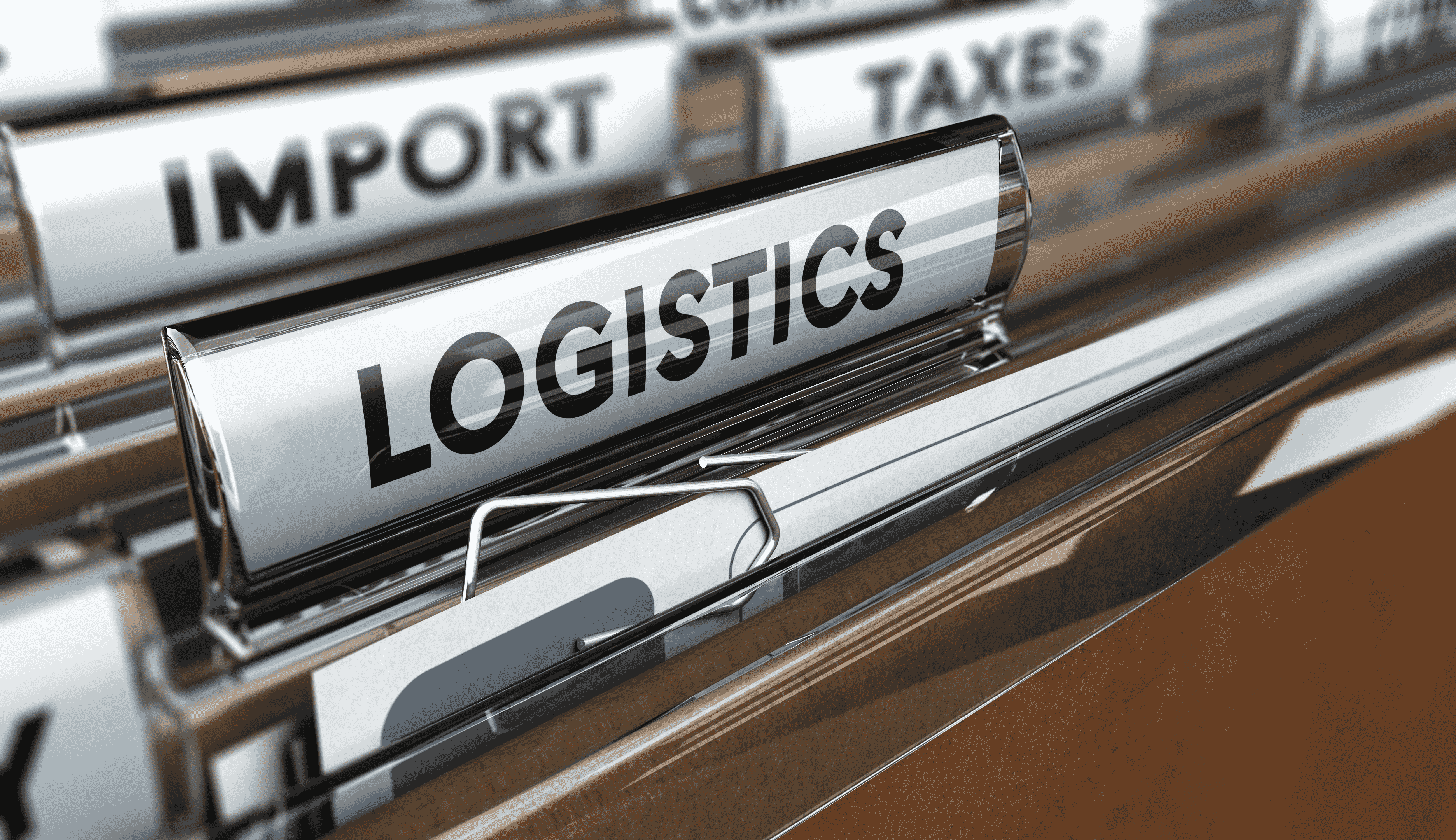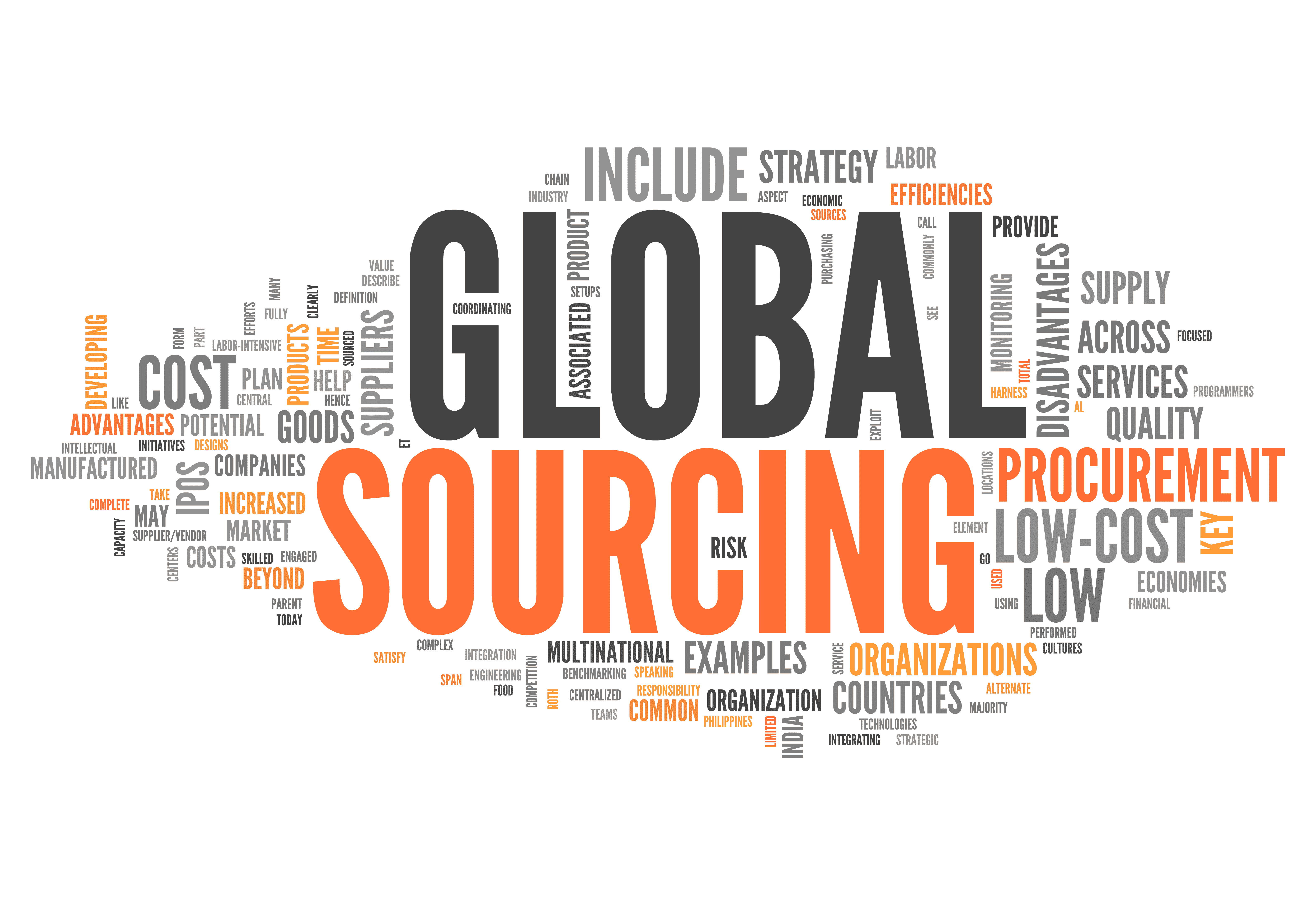
9 Things to Consider When Expanding Global Buying Power
9 Things to Consider When Expanding Global Buying Power
In a globalized world, it is essential to take advantage of the unique strengths offered in the international markets. These include access to natural resources, cheaper labor, more diverse intellectual properties, and more customers. All of this can allow you to provide your customers with more and better options, leading you to win more business.
But growing your reach globally isn’t exactly an easy task, and there are many hurdles and challenges that can come along your way. Preparation is key when it comes to expanding your operations overseas.
So here are 9 things to consider when expanding your global buying power.
1. Customer Service and Time Zones
Great customer service is an essential requirement for all businesses. But when you operate on a global scale, customer service can lag due to time zone differences. Your client may be awake while you are asleep and vice versa. You may also make trivial mistakes because you failed to account for time zones for meetings or calls. The more distance you can cover, the more time zones you have to consider.

2. Customs, tariffs, duties, and taxes
When in Rome, do as the Romans do. With every new country comes a new set of customs and tariffs. Lapsing on such details could cost you dearly. So always do thorough research on the regulations that you have to abide by. Otherwise, you could be looking at hefty fines among other consequences.
3. Global supply chain interruptions
Supply chains have become one of the top concerns of businesses all around the world. COVID-19 has sent shockwaves across the global supply chain, delaying shipping and affecting operations. Due to this, more firms have opted to limit the stretch of their supply chains in order to mitigate risk. This is not to discourage anyone from wishing to expand their capacities abroad but make sure to carefully examine how your supply chain is formed and identify risks so that you can be prepared for contingencies.
4. Quality control
When you buy from international suppliers, the distance may cause lapses in quality control. However, the further you are from the source of your materials, the more cautious you need to be. Always inspect the factories from which you’ll be buying. Carefully evaluate prototypes and if possible, have local partners who can resolve issues with quality whenever they arise.
5. Unexpected costs

New countries potentially mean new conditions that you’ve never been used to before. You could be dealing with suppliers in places that have poor transportation or information technology infrastructure. Such unexpected costs can offset whatever advantage you’re gaining. Make sure to examine for any kinds of hidden costs so that you’re not caught off guard.
6. Exchange rates
Financial risk can take on many forms, and one of them is currency exchange rates. All kinds of factors can cause fluctuations in exchange rates. One big influence is geopolitical situations. Military conflicts and trade disputes can cause massive swings in exchange rates. Such changes could perhaps be in your favor, strengthening your dollar against theirs, and thereby making it cheaper for you. But it could also go the other way. So rather than risking your purchasing power being reduced, set the terms of payments beforehand in a way that minimizes the effects of changes in the exchange rate.
7. Payments
The movement of goods and services is important, but what’s equally important is the movement of money. Secure payment transactions with trust parties must be prioritized when dealing with foreign suppliers and manufacturers. Ensure that your partners overseas are offering satisfying payment terms. Otherwise, it’s not worth risking the money just to have options.
8. Shipping costs
With fuel costs ballooning, shipping costs from air cargo to ocean freight have also risen. This is a critical problem, as you might be losing out on shipping costs whatever benefit you gained from sourcing internationally. Thus, when you are choosing which firms to work with abroad, take into account how much it will cost to get materials and products shipped across the distance.
9. Find key partners who can bridge the gap
Expanding global buying power can be a daunting task. As we have demonstrated above, it takes a lot of work, and many things can easily go wrong. Therefore it is much more effective if you can find a partner who already has the knowledge and the network to get you there. These companies know the ins and outs of reaching suppliers abroad and have the right contacts to move your expansion along smoothly and quickly.
We at AiseBuild are experts at bridging the US market with overseas manufacturers. We have proven experience in managing international markets and can help out partners and customers grow their businesses.